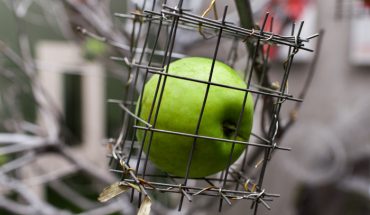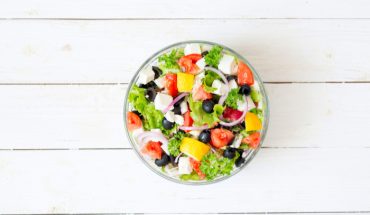As a fitness professional, I have always been interested in how I can get the best form of omega-3 fats in my diet.
Found mainly in marine oils, they are essential for human health. Dozens of scientific papers have linked omega-3 fats in the diet, known as called docosahexaenoic acid (DHA) and eicosapentanoic acid (EPA) to healthy brain development and heart health. Research has also shown that long-chain omega-3 fatty acids, which cannot be made by the body, reduce build up of plaque in the arteries and lower blood pressure (slightly), as well as reducing inflammation.
People who don’t get enough omega-3 in their diets are also more prone to depression and may find it harder to concentrate.
Most people don’t eat enough oily fish to reach the European Recommended Daily Allowance of EPA/DHA of 250mg, typically getting around 150mg.
So, omega-3 supplements are hugely popular.
Most popular of all are fish oil capsules, made mainly from oil harvested from the South American anchovy and the humble sardine. But omega-3 from this source is carried on triglycerides which need to be converted in the body into a more useable form. This means it is less bioavailable and you need a greater dose to get any benefit – hence the huge capsules which are difficult to swallow. These capsules also have another downside – they give a fishy aftertaste due to the fact that the oil floats on the top of the stomach contents. Fishy breath is the number one reason why people say they skip omega-3 capsules.
Krill supplements, where omega-3 is carried on phospholipids, are more bioavailable, but many environmentalists are concerned that wild krill stocks are being rapidly depleted as the demand booms.
Sustainable alternatives to fish oil capsules which contain the available phospholipid version of omega-3 include herring caviar (or roe) which is stripped from herring during the packing process. This is done using a patented technique and sold in the UK as The Omega-3 Herring Caviar. This is a very rich source of DHA which is critical for brain health.
A recent US double blind placebo controlled study, which involved over 30 patients who were given daily doses of Omega-3 herring caviar or standard fish oil for a period of two weeks followed by blood tests, found that DHA from herring caviar was 80 per cent more bioavailable than the standard fish oil. So, the typical 1200mg standard fish oil capsule is a monster compared to herring caviar oil capsules. The fishy after taste is also absent because the oil rapidly emulsifies in the stomach instead of floating on the top.
There are also marine omega-3 oil supplements derived from green-lipped mussels grown and harvested in the aquaculture farms of New Zealand. Furthermore, Algae-derived DHA/EPA omega-3 supplements exist already which don’t need to remove any fish stocks from the oceans at all.
Further down the line, GM crops could also offer a solution to the sustainability issue re long-chain omega-3 in the future. The Crop Research Institute in the UK has already successfully created a GM crop of camelina (false flax) which produces marine DHA thanks to the insertion of a fish gene.
- Sustainable omega-3 from the ocean - 23rd March 2016







